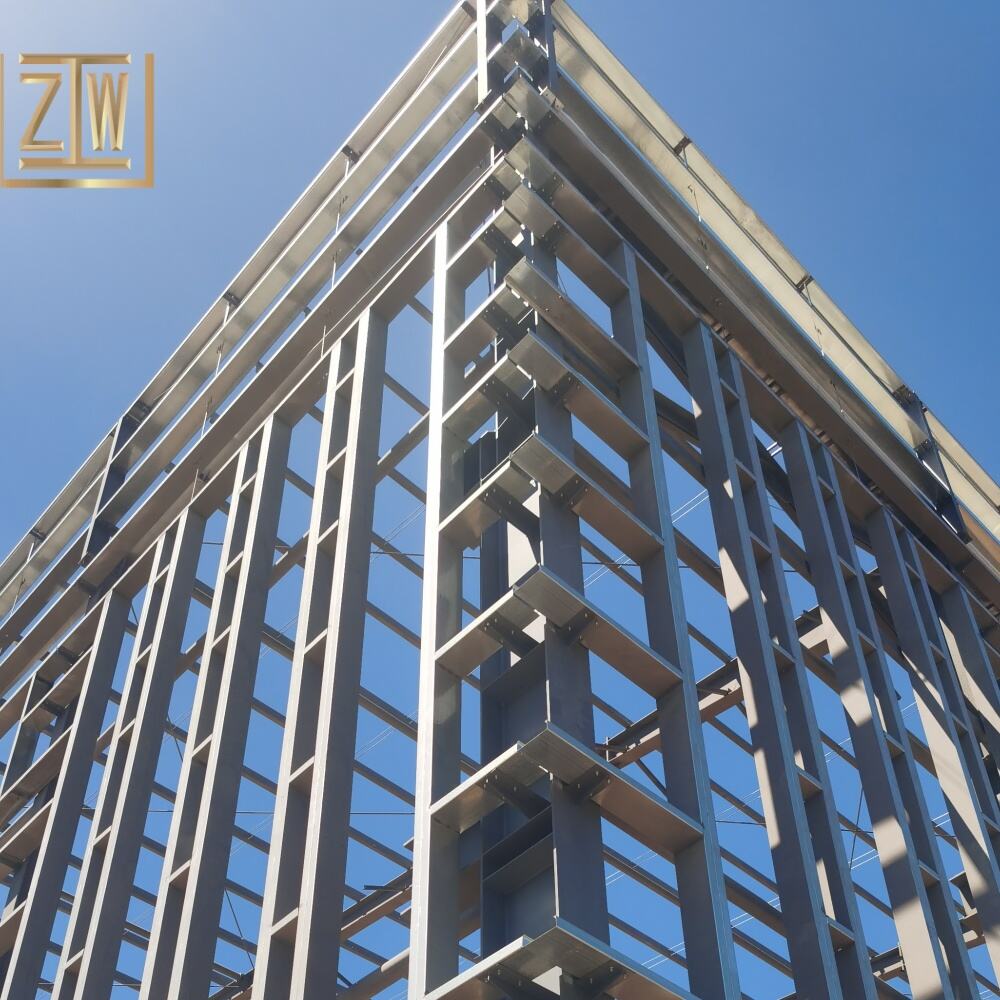In the dynamic landscape of modern manufacturing, prefabricated workshops are emerging as a transformative force, revolutionizing the way factories operate by offering quick, cost-effective, and highly efficient working environments. These off-site constructed units enable manufacturing crews to spend less time on construction and more time focused on production, optimizing the use of resources and significantly improving overall efficiency. In the following sections, we will explore in-depth how these pre-made buildings drive increased output, enhance safety standards, and provide the flexibility to adapt to ever-changing market demands, thereby redefining efficiency in the manufacturing sector.
Accelerating Production with Rapid Deployment
Traditional factory construction often involves extended waiting periods and substantial upfront costs, tying up valuable capital and delaying the start of production. Prefabricated workshops address these challenges head-on with their modular designs. These designs can be meticulously customized to meet the specific requirements of each company, whether it's the layout for a specialized assembly line, the size needed for inventory storage, or the integration of unique manufacturing equipment.
For example, a furniture manufacturing company looking to expand its production capacity can have a prefab workshop designed and constructed in a fraction of the time it would take for a traditional build. The modular components are fabricated in a controlled factory environment and then transported to the site for quick assembly. This rapid deployment not only speeds up the launch of new production capabilities but also allows firms to scale their operations up or down with relative ease. When market demand surges and inventory levels start to run low, manufacturers with prefabricated workshops can respond promptly, ensuring they remain competitive and keep their customers satisfied.
Prioritizing Safety for Enhanced Operational Efficiency
While time and cost savings are significant factors in the adoption of prefabricated workshops, the emphasis on employee safety truly sets them apart. The majority of the construction work for these workshops is carried out in a factory setting, far removed from the typical chaos of an on-site construction environment. This means that workers involved in the assembly process are exposed to less noise, fewer moving heavy machinery, and a significantly reduced risk of accidents.
The modules are constructed using high-quality materials that adhere to strict safety codes and standards. For instance, fire-resistant materials are commonly used in key structural components, and proper ventilation systems are integrated to ensure a healthy working atmosphere. From the moment employees step into a prefabricated workshop, they are in a secure space designed with their well-being in mind. The result is fewer insurance claims due to workplace injuries and less production time lost to recovery periods, ultimately leading to a substantial boost in the overall efficiency of the manufacturing operation.
Embracing Sustainability for Long-Term Benefits
Sustainability has become a crucial consideration in modern manufacturing, and prefabricated workshops offer a distinct edge in this regard. Contemporary manufacturers are increasingly incorporating recycled steel, low-VOC (volatile organic compound) paints, and energy-efficient systems into the construction of prefab modules. This approach significantly reduces the carbon footprint compared to traditional building methods.
Take, for example, an electronics manufacturing company that opts for prefabricated workshops. By using recycled steel, they contribute to the conservation of natural resources, and the low-VOC paints ensure a healthier indoor environment for employees. Additionally, energy-saving systems such as solar panels integrated into the roof or smart lighting controls can cut down on energy consumption. This green initiative not only appeals to environmentally conscious customers but also provides companies with a powerful marketing advantage. By choosing eco-friendly workshops, businesses not only fulfill their environmental responsibilities but also enhance their brand image, which can lead to increased customer loyalty and a broader market reach.
Adapting to a Changing Manufacturing Landscape
The manufacturing industry is constantly evolving, driven by advancements in technology, shifting market trends, and changing customer preferences. In response, there is a growing demand for leaner, more flexible production lines that prioritize speed, quick-change setups, and build-to-order capabilities. Prefabricated workshops are perfectly suited to meet these emerging needs.
Their modular nature allows for easy reconfiguration and expansion. For instance, an automotive parts manufacturer can quickly add extra bays to their prefab workshop to accommodate new production equipment when a new model is introduced. Firms that embrace prefabricated spaces today are positioning themselves for success in the future, as they can effortlessly adapt to new technologies, respond to market fluctuations, and meet the evolving tastes of their customers. In essence, prefabricated workshops are not just a passing trend but a strategic investment in future-proofing manufacturing operations.
In conclusion, prefabricated workshops are disrupting the manufacturing world by simultaneously enhancing speed, safety, and sustainability. In an era where companies are striving to streamline their operations and stay ahead in a competitive market, these ready-made buildings offer a straightforward yet highly effective solution. By adopting prefabricated workshops, manufacturers can safeguard their profits and take a significant step towards building a cleaner, smarter, and more efficient factory sector.


